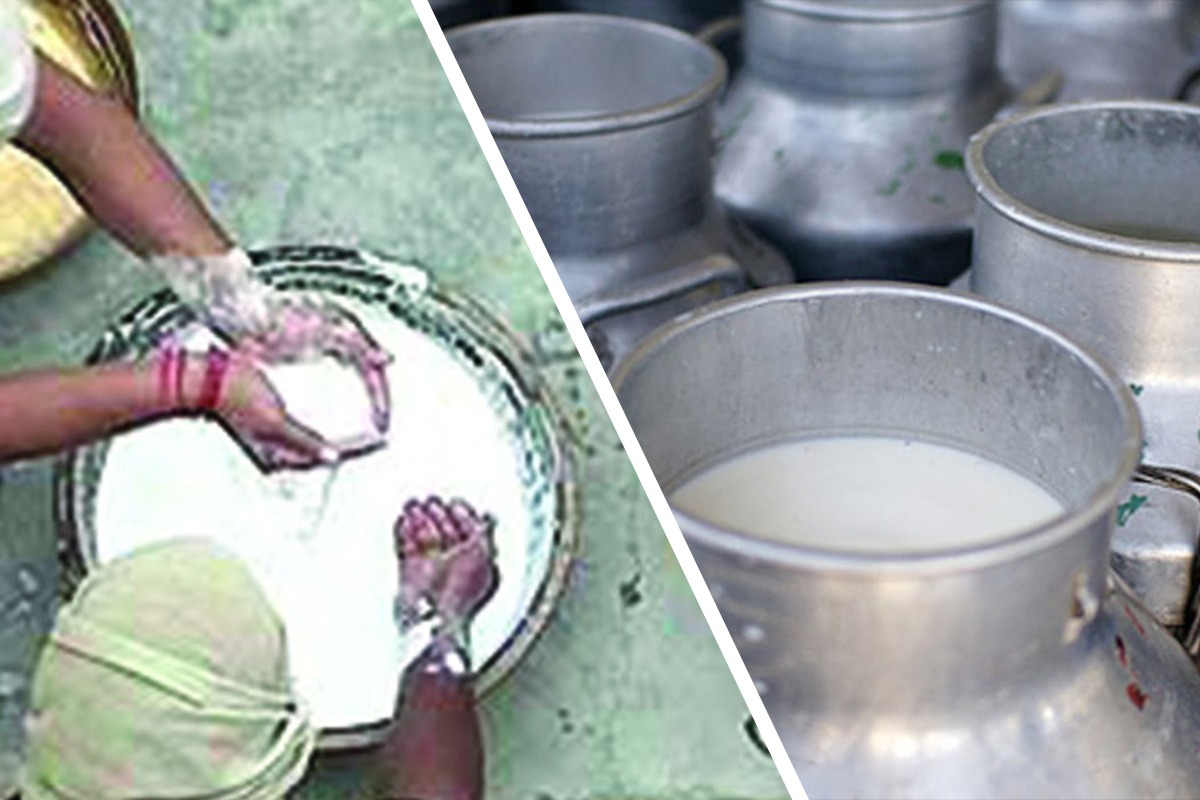The milk we consume is often laced with harmful adulterants like detergent, soap and urea, and the process of detection is not easy. But now we have a convenient and affordable solution for the task, credit to Lovely Professional University (LPU).
Researchers at Punjab-based LPU have developed low-cost, convenient and easy-to-use paper strips that can be used to check adulteration for urea, soap and detergent in milk and milk products.
“The qualitative results are quick and reliable. As a result, they can be used potentially in homes to check for adulterations and/or spurious milk or its products,” said Dr Jandeep Singh, Assistant Professor of Chemistry, School of Chemical Engineering and Physical Sciences at LPU.
The solution was developed under the guidance of Dr Singh and has received a patent from the Central government. The patent is titled ‘a novel process to test milk adulteration using strips’.
Urea, soap and detergent are some of the most-commonly adulterants found in milk and its products and are potentially harmful to human health, especially kids.
Bhagwant Singh, a student of B.Sc. in Chemistry, who was part of the project, said: “The invention is affordable by the common man who can use these strips for facile, quick and reliable results. In addition, the life of each Paper strip is nearly 6 months, if stored under dry conditions.”
Explaining the difference between the solution developed at LPU and similar research in the past, Dr Singh said, “The conversion to usable material was still missing that can reach public and find a wider utility. The strips or such materials are need of time where milk is a common household entity and is also easily adulterated.”
The university is planning to commercialise the solution, the professor said.
As per a study published in 2017, milk samples collected in Delhi contained several harmful adulterants, with the most common among them being starch, chlorine, hydrated lime, sodium carbonate, formalin and ammonium sulphate.
Health experts say that milk producers use these substances to scrimp on milk portions and prepare ‘synthetic milk’ by mixing urea, caustic soda, refined oil and detergents.
Adulterated milk has been associated with a range of health problems including gastrointestinal disorders, skin and renal diseases, eye and heart ailments, and cancer, as per the study published in Current Science journal.










